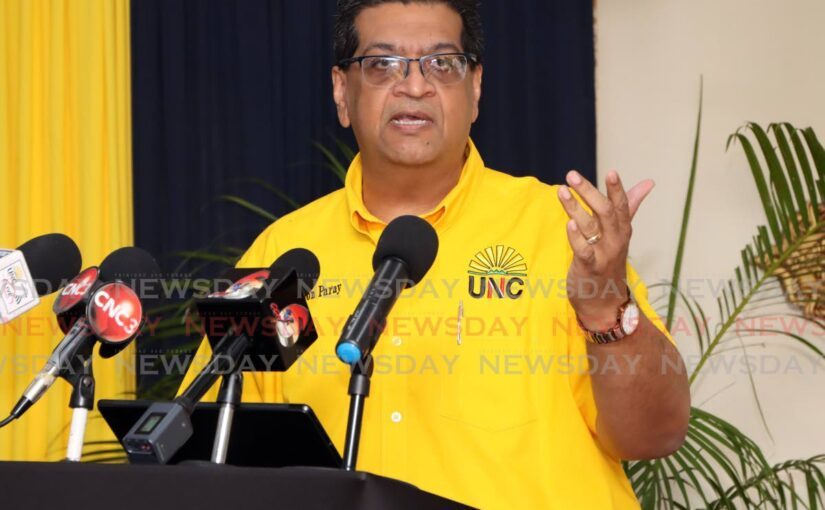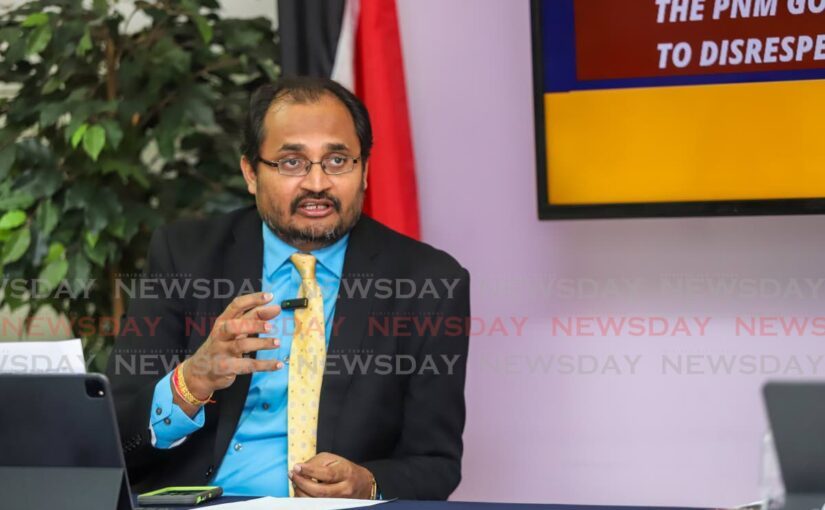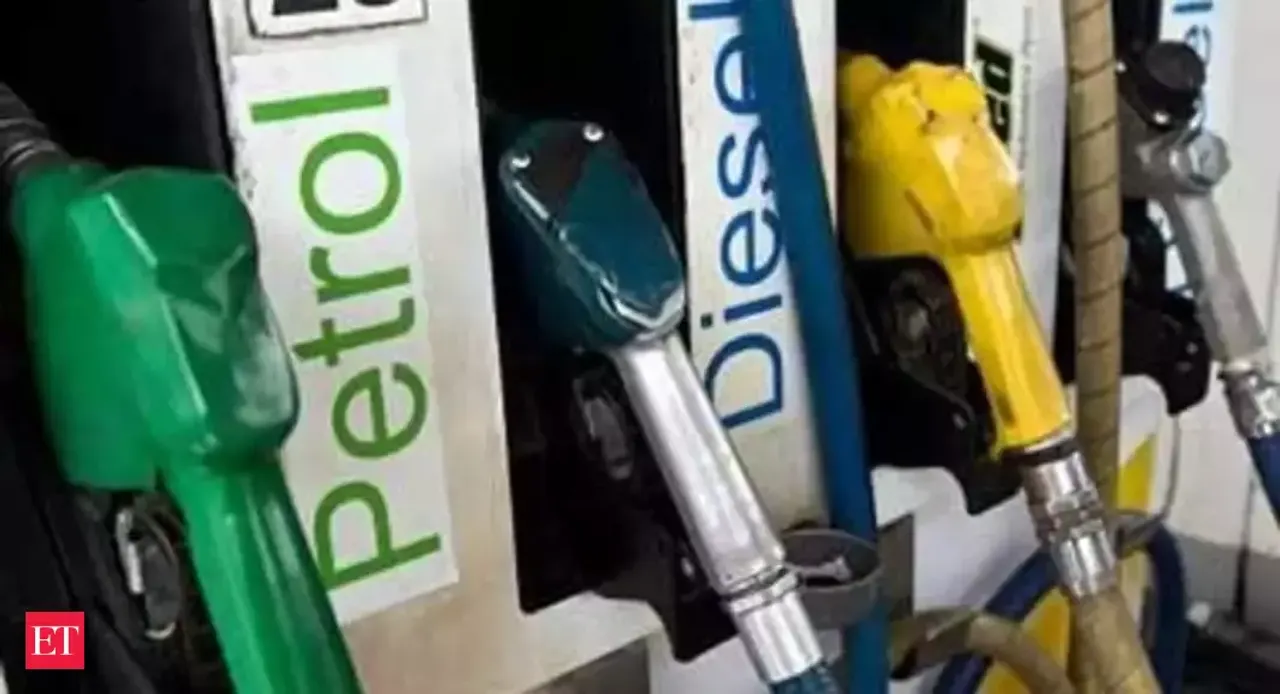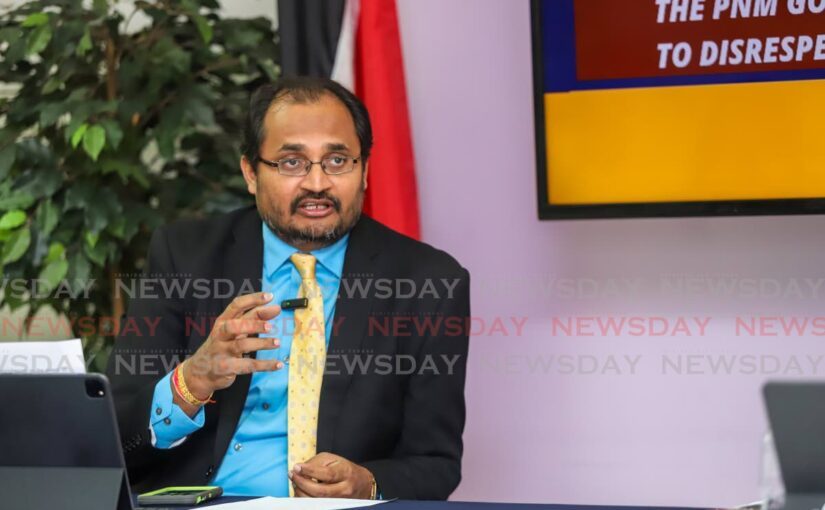DINESH RAMBALLY Structural dependency on the energy sector TT’s economic destiny has long been dominated by the energy sector, a reality that has...
Vous n'êtes pas connecté
- English
- Français
- عربي
- Español
- Deutsch
- Português
- русский язык
- Català
- Italiano
- Nederlands, Vlaams
- Norsk
- فارسی
- বাংলা
- اردو
- Azərbaycan dili
- Bahasa Indonesia
- Հայերեն
- Ελληνικά
- Bosanski jezik
- українська мова
- Íslenska
- Türkmen, Түркмен
- Türkçe
- Shqip
- Eesti keel
- magyar
- Қазақ тілі
- Kalaallisut ; kalaallit oqaasii
- Lietuvių kalba
- Latviešu valoda
- македонски јазик
- Монгол
- Bahasa Melayu ; بهاس ملايو
- ဗမာစာ
- Slovenščina
- тоҷикӣ ; toğikī ; تاجیکی
- ไทย
- O'zbek ; Ўзбек ; أۇزبېك
- Tiếng Việt
- ភាសាខ្មែរ
- རྫོང་ཁ
- Soomaaliga ; af Soomaali
Rubriques :
 Maroc - NEWSDAY.CO.TT - A la Une - 19/Jun 03:34
Maroc - NEWSDAY.CO.TT - A la Une - 19/Jun 03:34
A directionless economy
RUSHTON PARAY RECENT revelations surrounding Finance Minister Colm Imbert's fiscal policies have ignited a significant public discourse on the economic direction of TT. The issues at hand underscore a critical juncture for our nation, where decisions on taxation and fiscal management hold profound implications for every citizen. Since its electoral victory in 2015, the PNM under Prime Minister Rowley made a pivotal promise to reduce value added tax (VAT) from 15 per cent to 12.5 per cent. This commitment resonated deeply with voters who were eager for relief from the high cost of living exacerbated by previous economic challenges. However, the implementation of this promise has been marred by subsequent decisions that have drawn criticism and eroded public trust. One of the most contentious moves was Imbert's decision to impose VAT on thousands of food items previously exempted or zero-rated. This policy shift, enacted in his first budget, directly contradicted the PNM's election promise and left many feeling betrayed. The public outcry was swift and justified, reflecting a sense of disillusionment with political pledges and the real-world consequences of fiscal policy. Beyond the VAT controversy, TT faces broader economic challenges, including persistent deficit budgets, reliance on borrowing to meet financial obligations, and sluggish growth in key sectors. Imbert's recent Cabinet note, leaked to the public, detailed proposals for tax reviews across various fronts including VAT, income tax, corporation tax and business levy. While the minister stopped short of recommending outright tax increases, the implicit message was clear: the Government is exploring avenues to boost revenues amidst a widening fiscal deficit. The proposed establishment of the Revenue Authority, intended to enhance tax collection efficiency, underscores the administration's urgency in shoring up revenues. This move, while aimed at bolstering state coffers, raises concerns about the potential impact on taxpayers already grappling with economic pressures exacerbated by global economic shifts and local structural challenges. Imbert's vigorous defence against accusations levelled by Opposition Leader Kamla Persad-Bissessar regarding his Cabinet note reflects the contentious nature of fiscal policy debates in TT today. His insistence on the necessity of exploring all revenue options to address fiscal shortfalls is juxtaposed against criticisms of insensitivity to the economic realities faced by ordinary citizens. Moreover, the economic landscape facing the country today is markedly different from previous decades. The energy sector, historically a pillar of the economy, is grappling with fluctuating global oil prices and the imperative to transition towards sustainable energy sources. Diversification efforts, though ongoing, have yet to yield significant results, leaving the economy vulnerable to external shocks. In this context, the imposition of additional taxes or adjustments to existing tax structures must be viewed through a lens of fiscal responsibility and social equity. While governments have a duty to manage public finances prudently, they must also ensure that economic policies do not disproportionately burden vulnerable segments of society or stifle economic growth. The looming spectre of a $9 billion revenue shortfall in the current fiscal year underscores the gravity of the fiscal challenge facing policymakers. The deficit, if not addressed through sustainable measures, risks exacerbating the national debt burden and constraining future fiscal flexibility. Imbert's proposals for mid-year budget adjustments, totalling $2.3 billion, highlight the Government's struggle to reconcile spending priorities with revenue constraints. Critically, the debate over fiscal policy extends beyond immediate budgetary measures to encompass broader questions of governance, transparency and public accountability. The efficacy of taxation as a tool for revenue generation must be balanced against the imperative to foster an environment conducive to economic growth, job creation and social stability. Looking ahead, TT stands at a crossroads where decisions made today will shape our economic trajectory for years to come. The upcoming general election represents an opportunity for voters to scrutinise competing visions for economic reform and fiscal stewardship. Transparent dialogue and informed public discourse are essential for holding elected officials accountable and ensuring that policies reflect the collective aspirations of our nation. In conclusion, the issues raised by Imbert's fiscal proposals and the broader economic challenges facing TT demand a thoughtful and inclusive national dialogue. As citizens, we must actively engage in discussions about our economic future, advocating for policies that prioritise sustainable growth, social equity and fiscal prudence. Only through informed civic participation can we navigate the complexities of modern governance and build a prosperous future for all. Rushton Paray is the MP for Mayaro The post A directionless economy appeared first on Trinidad and Tobago Newsday.
Articles similaires
Fuel Price Update: Post Karnataka Tax Hike, Current Petrol and Diesel Costs Across Indian Cities
The recent decision by the Karnataka state government to increase taxes on petrol and diesel has sparked significant changes in fuel prices across...
How Mongolia Is Transforming Into A Beacon For Foreign Direct Investment In East Asia
By Darren G. Spinck Lord Cameron’s April 2024 visit to Mongolia and Central Asia demonstrates the growing importance that London places on...
A hollow promise of progress
DINESH RAMBALLY TT FINDS itself at a crossroads yet again, grappling with a projected $9 billion deficit for fiscal year 2024, as revealed in the...
13% rise in Delhi's tax revenue in 2023-24
Delhi's tax revenue in 2023-24 surged to Rs 53,680 crore, exceeding govt estimates. GST rose by 15.6%, stamp duty revenue by over 28%. Atishi...
Building On Foundations: Kishida’s Premiership Post-Abe – Analysis
By Pratnashree Basu In the recent Okinawa prefectural assembly election held on 16 June 2024, the ruling camp, including the Constitutional...
Tax Reforms Chief Oyedele Says Nigeria Can Generate More Revenue Without Raising Taxes
Fiscal Policy Chairman Oyedele criticised Nigeria's complex tax system, suggesting fewer taxes and exemptions for vulnerable groups to stimulate...
The Impact Of China’s Digital Silk Road On The Digital Domain Of The Philippines – Analysis
By Julio S. Amador III and Deryk Matthew N. Baladjay One of the first policy directives given by President Ferdinand Marcos Jr. to his government...
New tax allowance to bolster cyber security
In a significant move to enhance the cyber security framework of TT, the National Information and Communication Technology Company Ltd (iGovTT),...
South Africa Reshapes Its Democracy, Shows Readiness For Economic Transformation – Analysis
South Africa's historic election results in late May 2024 were another credible testament which, by simple guiding definition, explicitly...
Les derniers communiqués
-
Aucun élément




